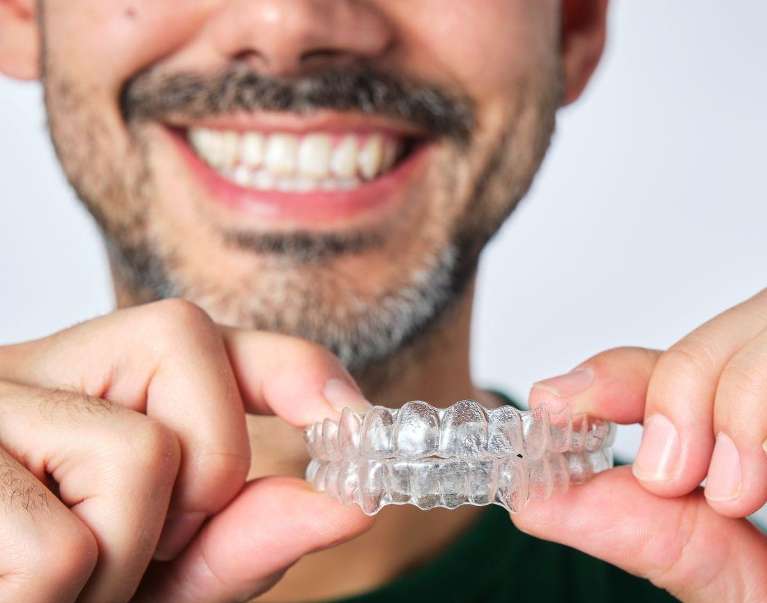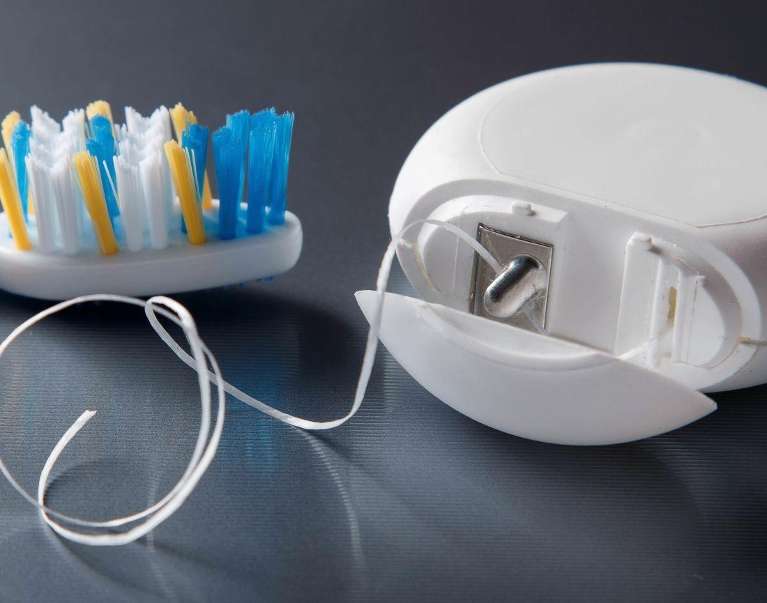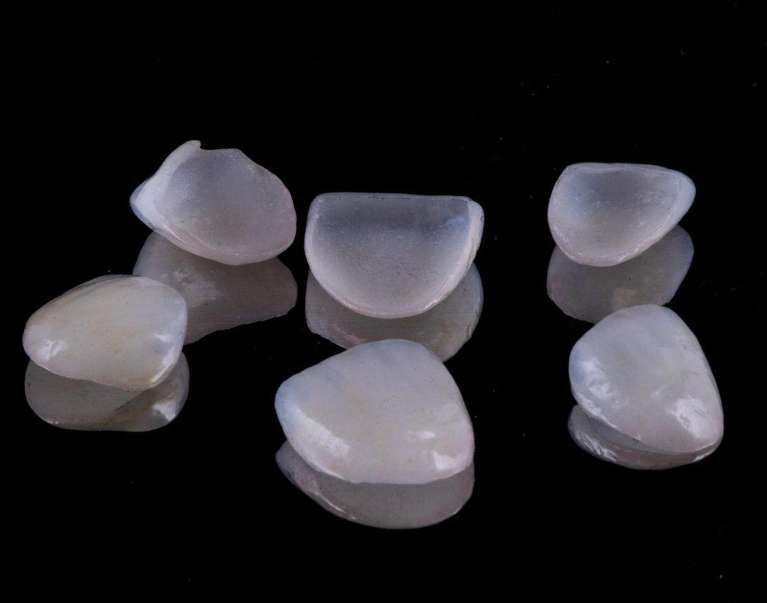
How Much Does Invisalign® Cost in Cary, NC?
Our Invisalign costs in Cary, NC, are $3995 (regardless of case complexity). Dr. Koch uses this “all-inclusive fee” to help patients better understand costs and know what to expect financially. With us, there are no hidden fees or surprises as you’ll discover during your free initial consultation. That is correct! We offer free Invisalign consultations in Cary!
This consultation includes scans ...














